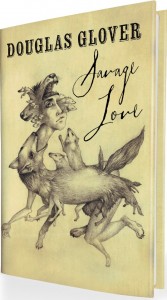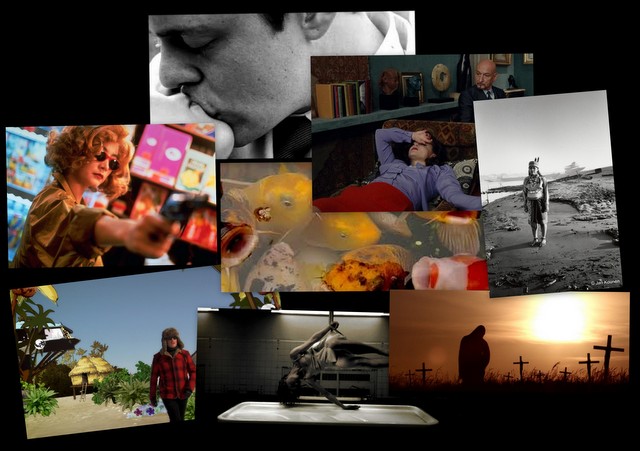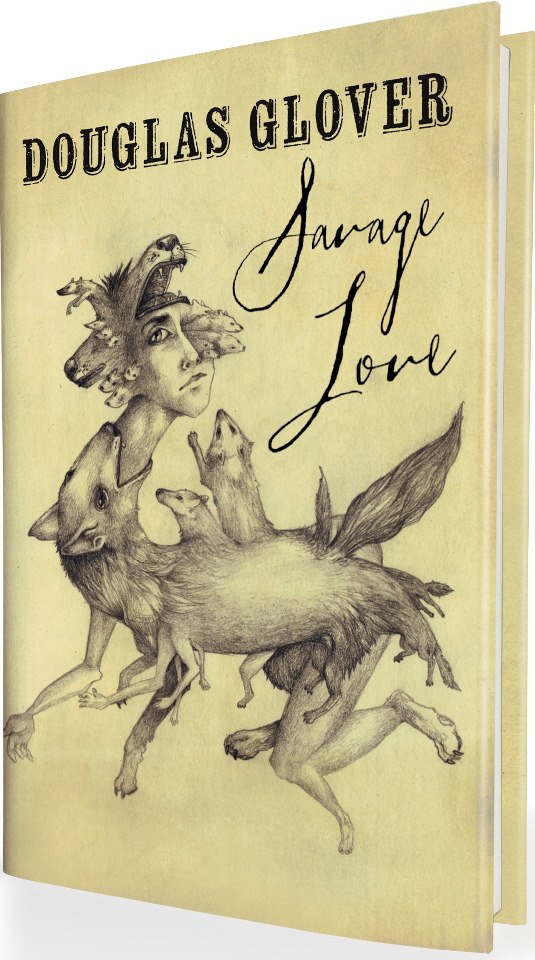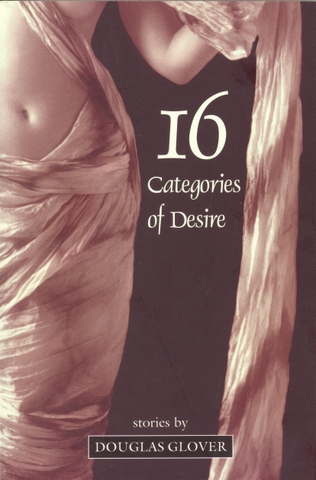In the latest edition of “The Lonely Voice,” Peter Orner focuses on short story writer Breece D’J Pancake. Pancake’s tale is a sad one: dead from a self-inflicted gunshot wound, he published only six stories while alive. These stories, and a handful of others, were collected posthumously for the book, The Stories of Breece D’J Pancake. Full of loss and moments of deafening silence, Pancake’s narratives truly are to be admired.
— Benjamin Woodard
So today I read “First Day of Winter” slow, the sun hardly up, the house quiet. When I finished, I put the book down on the kitchen table and went outside. A cold dawn in Bolinas, and I wished we had snow here like they do in West Virginia, or in Chicago for that matter, but the rising wind in the trees was enough.
I thought about Hollis and his fading parents.
The sun was blackened with snow, and the valley closed in quietly with humming, quietly as an hour of prayer.
Pancake paid close attention to the silence between his characters and also to the silence between sentences, between words. In the last paragraph of the story, Hollis listens to his mother hum as his father weeps himself to sleep. All the pressures closing in on what’s left of this family are—for a few moments, anyway—stayed. “First Day of Winter” is short, at least in terms of pages. It took me less than an hour to read and reread it, and yet it is the sort of story that lives on after the last period. Maybe this and this alone is the true test of any story. Does it remain after it is over?
Read the rest at The Rumpus
























